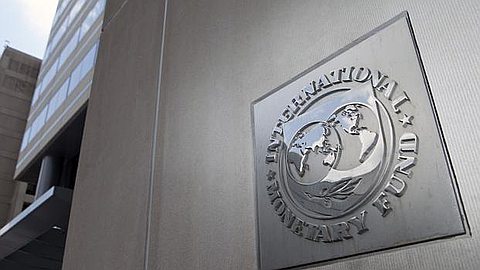IMF recommends Mauritius to opt for a toll system controlled by GPS
The International Monetary Fund (IMF) recommends Mauritius to opt for a toll system controlled by the Global Positioning System (GPS). This tax reform would eventually lead to a reduction in traffic congestion while working for the preservation and protection of the environment by discouraging the use of vehicles.
“But even here, a first step in the right direction would, in principle, be straightforward to implement by converting the existing road tax from a lump-sum fee into a per-kilometre charge, and coupling this with further incentives for motorists to voluntarily switch to GPS-based metering,” said IMF senior officer Ian Parry in a document entitled ‘Reforming the Tax System to Promote Environmental Objectives: An Application to Mauritius’.
The document added, “Providing tax incentives for pay-as-you-drive auto insurance could, at the same time, reinforce the effects of this tax change, while also helping to familiarise drivers with the concept of variable charges for vehicle use”.
The document includes study which illustrates how existing fiscal systems might be reformed to better address major externality problems. “Mauritius has recently introduced a carbon tax. The government is considering reforms on vehicle ownership taxes that would better promote environmental objectives. Mauritius has substantially reduced the use of plastic bags through tax policy and, following similar schemes in Singapore, London, and Stockholm, policymakers are considering plans to reduce traffic congestion in the capital Port Louis through a toll system,” added the document.
Existing and proposed tax reforms in Mauritius are evaluated with emphasis on the imposition of carbon tax policies to alleviate traffic congestion, taxes on petroleum products and a series of measures to reform the tax system of car ownership.
“Although its main motivation is to raise money, the MID is actually very close in design to the ideal tax for mitigating CO2 emissions. Converting the MID into an explicit carbon tax would involve setting a tax on each fuel equal to its CO2 coefficient (CO2 produced by combusting a unit of the fuel) times the CO2 price. To maintain projected MID revenues for 2011 (Rs 577 million) would require a tax rate of approximately Rs 118 per ton of CO2″, the document stated.





